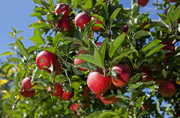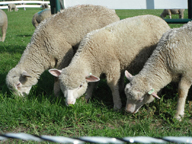
Note: Johne’s is pronounced yo-knees
Plattsburgh, Canton, and Watertown, N.Y.; January 15, 2020. The results of a project funded by the farmer-driven Northern New York Agricultural Development Program to survey and test regional sheep flocks and provide information on how to reduce the risk of Johne’s disease will soon be presented at meetings in Plattsburgh, Canton, and Watertown. The regional data is also being shared in support of a Wisconsin Veterinary Diagnostic Lab project evaluating different testing methods and protocols for identifying Johne’s disease.
Dr. Jessica Scillieri Smith, DVM, with the New York State Department of Agriculture and Markets, and Cornell Cooperative Extension Livestock Educator Betsy Hodge will present the project results at meetings as follow:
Tuesday, January 28, 7:00-8:30 pm, Cornell Cooperative Extension, 6064 State Route 22, Plattsburgh, N.Y.; register at 518-561-7450 or lsw89@cornell.edu
Wednesday, February 5, 7:00-8:30 pm, Cornell Cooperative Extension of St. Lawrence County Extension Learning Farm Classroom, 2043 State Highway 68, Canton, N.Y.; register at 315-379-9192 x227 or bmf9@cornell.edu;
Tuesday, February 11, 7:00-8:30 pm, Cornell Cooperative Extension, 203 N. Hamilton Street, Watertown, N.Y.; register with 315-379-9192 x227 or bmf9@cornell.edu.
Those interested in participating at any of the three sites can also register online at http://stlawrence.cce.cornell.edu/. Registration will assure notification of any date change due to winter weather.
Johne’s disease is a wasting disease of sheep and other ruminant animals. It is contagious, chronic, and usually fatal. The program at each site will include a discussion of the Northern New York survey results, clinical signs, testing and diagnosis, and how to reduce the risk of infection of Johne’s disease. Symptoms of the infection can be difficult to differentiate from other diseases and frequently exist in animals that appear healthy.
“Many producers are unaware of Johne’s disease, but we know it exists in flocks and herds in New York state. Local veterinarians cooperated with this survey by helping with sampling and participating in the New York State Sheep and Goat Health Assurance Program with producers,” said Hodge.
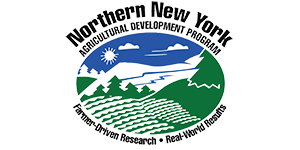
Funding for the Northern New York Agricultural Development Program is supported by the New York State Legislature and administered by the New York State Department of Agriculture and Markets. Learn more at www.nnyagdev.org.
Click here to read the Surveillance of Johne’s Disease in High Risk Sheep Flocks in NNY, 2019 report.
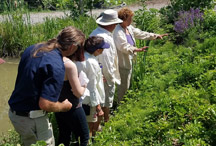
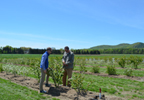
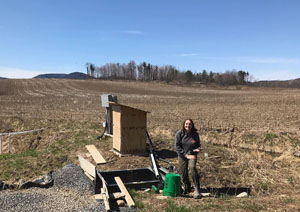
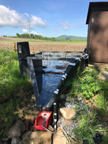
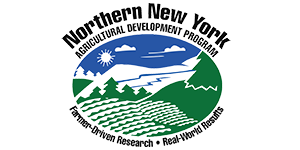
 Do your forages meet the requirements of your cows or calves over the winter? Learn about computerized ration analyzers at any of these meetings in Northern New York with Dr. Mike Baker, Cornell University Beef Extension Specialist. Bring your laptop and get help to set it up. If you do not have a forage analysis done, discuss hay corer and instructions. Call your local site for more details.
Do your forages meet the requirements of your cows or calves over the winter? Learn about computerized ration analyzers at any of these meetings in Northern New York with Dr. Mike Baker, Cornell University Beef Extension Specialist. Bring your laptop and get help to set it up. If you do not have a forage analysis done, discuss hay corer and instructions. Call your local site for more details.